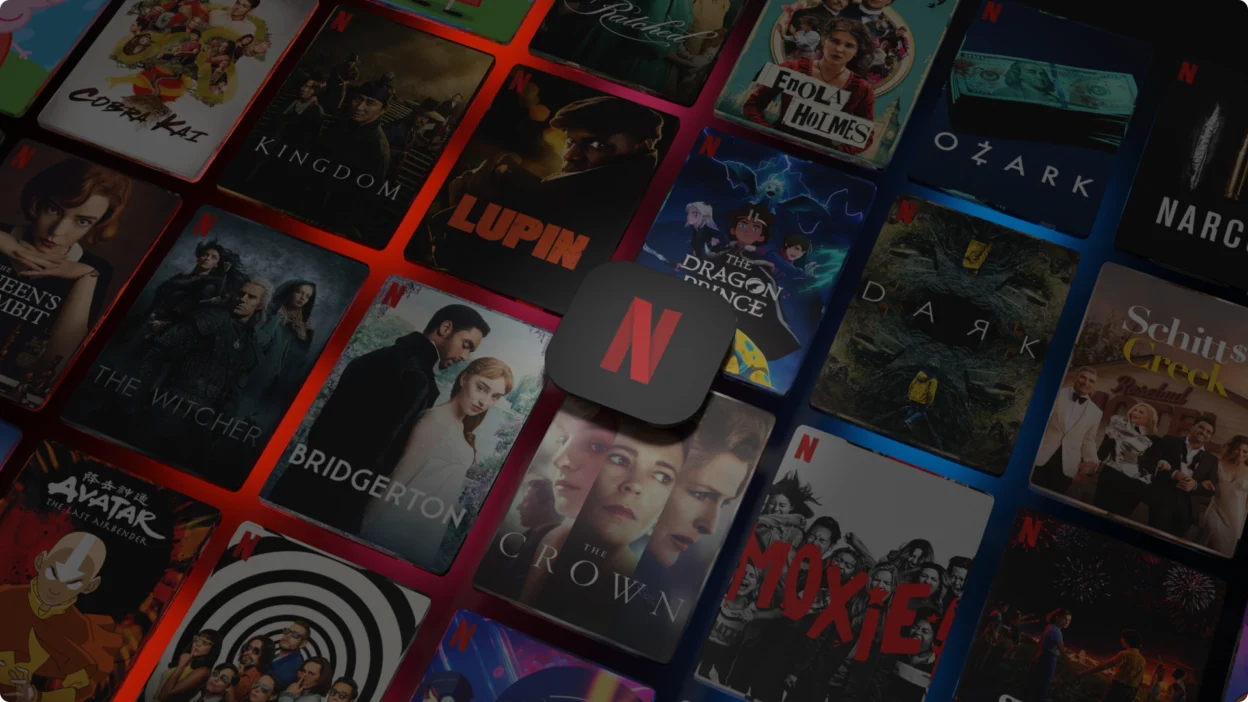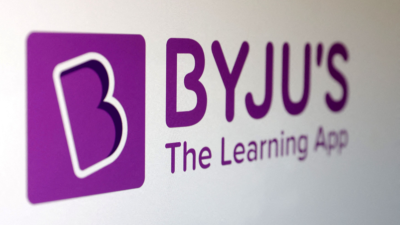In today’s fast-paced world, adaptability isn’t just a buzzword it’s a survival skill. Businesses that can pivot in response to changing markets, customer needs, or technological advancements often come out on top. Those that don’t? They risk fading into obscurity. One company that exemplifies the power of adaptability is Netflix, a brand that transformed itself from a DVD rental service into a global streaming giant. Let’s explore how adaptability fuels business success and what entrepreneurs can learn from Netflix’s journey.
The Power of Recognizing Change
Back in 1997, Netflix started as a mail order DVD rental service, competing with the likes of Blockbuster. At the time, renting physical movies was the norm, and Blockbuster dominated the market with thousands of retail stores. But Netflix’s founders, Reed Hastings and Marc Randolph, saw an opportunity to rethink the rental experience. By eliminating late fees and offering a subscription model, they carved out a niche. Still, the real game changer came when they recognized the potential of the internet.
In 2007, Netflix launched its streaming service, a bold move at a time when broadband wasn’t yet ubiquitous. They didn’t just react to the rise of digital they anticipated it. Meanwhile, Blockbuster clung to its brick and mortar model, dismissing streaming as a passing trend. By 2010, Blockbuster filed for bankruptcy, while Netflix was well on its way to becoming a household name.
Pivoting with Purpose
Adaptability isn’t about change for the sake of change; it’s about aligning with where the world is headed. Netflix didn’t stop at streaming. When they noticed customers craved exclusive content, they pivoted again this time into original programming. In 2013, they released House of Cards, their first major original series. It was a gamble, but it paid off, earning critical acclaim and cementing Netflix’s reputation as a content creator, not just a distributor.
This shift wasn’t cheap Netflix reportedly spent $100 million on the first two seasons of House of Cards. But it showcased their willingness to invest in the future. Today, their original content library includes global hits like Stranger Things and The Witcher, driving subscriber growth to over 260 million worldwide as of early 2025.
Lessons for Your Business
Netflix’s story offers actionable takeaways for businesses of any size:
- Stay Ahead of Trends: Don’t wait for change to force your hand. Netflix embraced streaming before it was mainstream, giving them a first-mover advantage. Monitor your industry whether it’s AI, sustainability, or shifting consumer habits and act proactively.
- Listen to Your Customers: Netflix’s move into original content came from understanding what viewers wanted: fresh, on-demand stories. Use data, feedback, or even intuition to spot unmet needs in your market.
- Take Calculated Risks: Reinvention often requires bold moves. Netflix bet big on streaming and original programming, but they did so with a clear vision. Assess the risks, but don’t shy away from opportunities that could redefine your business.
Adapt or Fade Away
The contrast between Netflix and Blockbuster is stark. One adapted to a digital future; the other didn’t. History is littered with similar examples think Kodak missing the digital photography wave or Nokia losing ground to smartphones. In 2025, with AI, remote work, and sustainability shaping the business landscape, adaptability is more critical than ever.
So, ask yourself: What’s the next shift in your industry? Are you ready to pivot, or are you holding onto yesterday’s playbook? Netflix proves that those who evolve don’t just survive they thrive.



